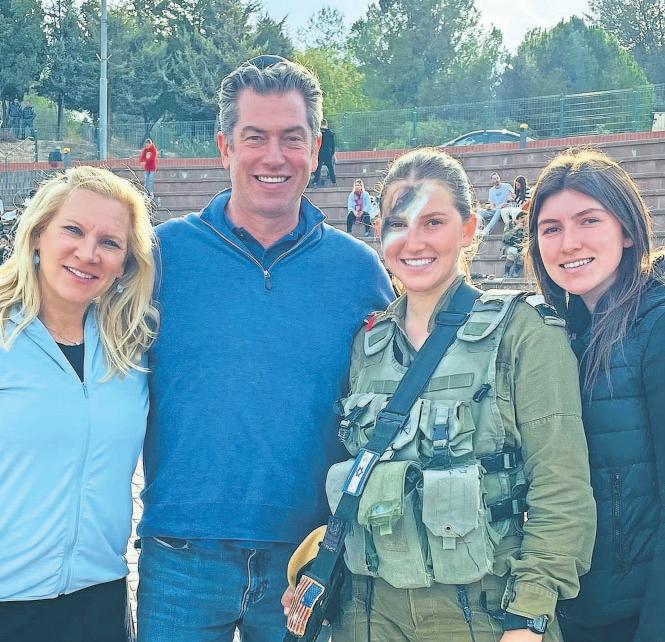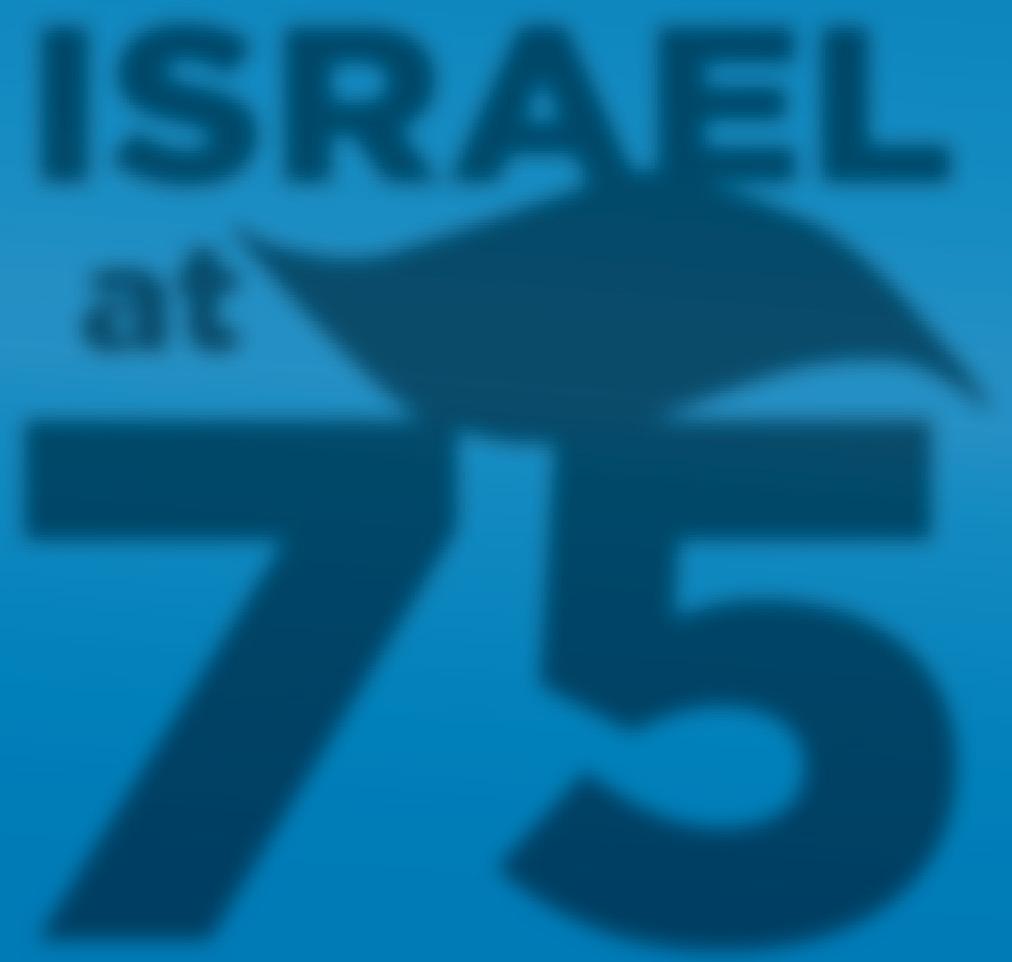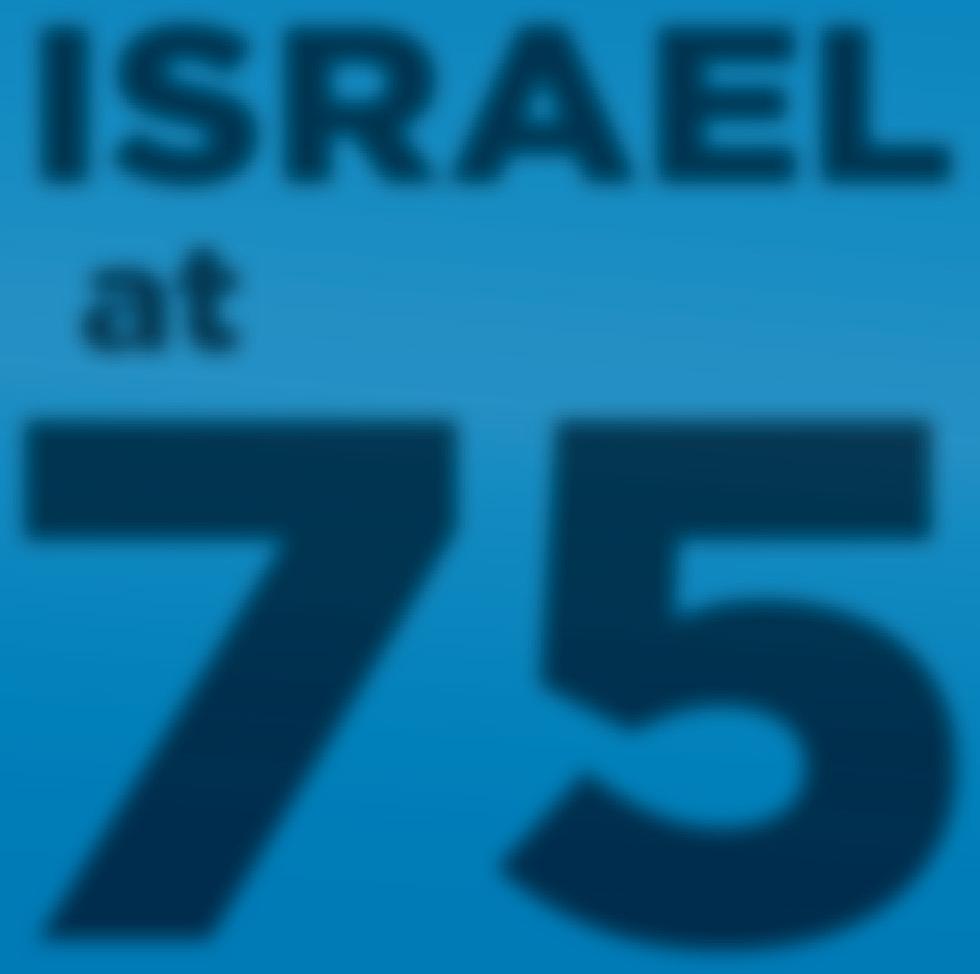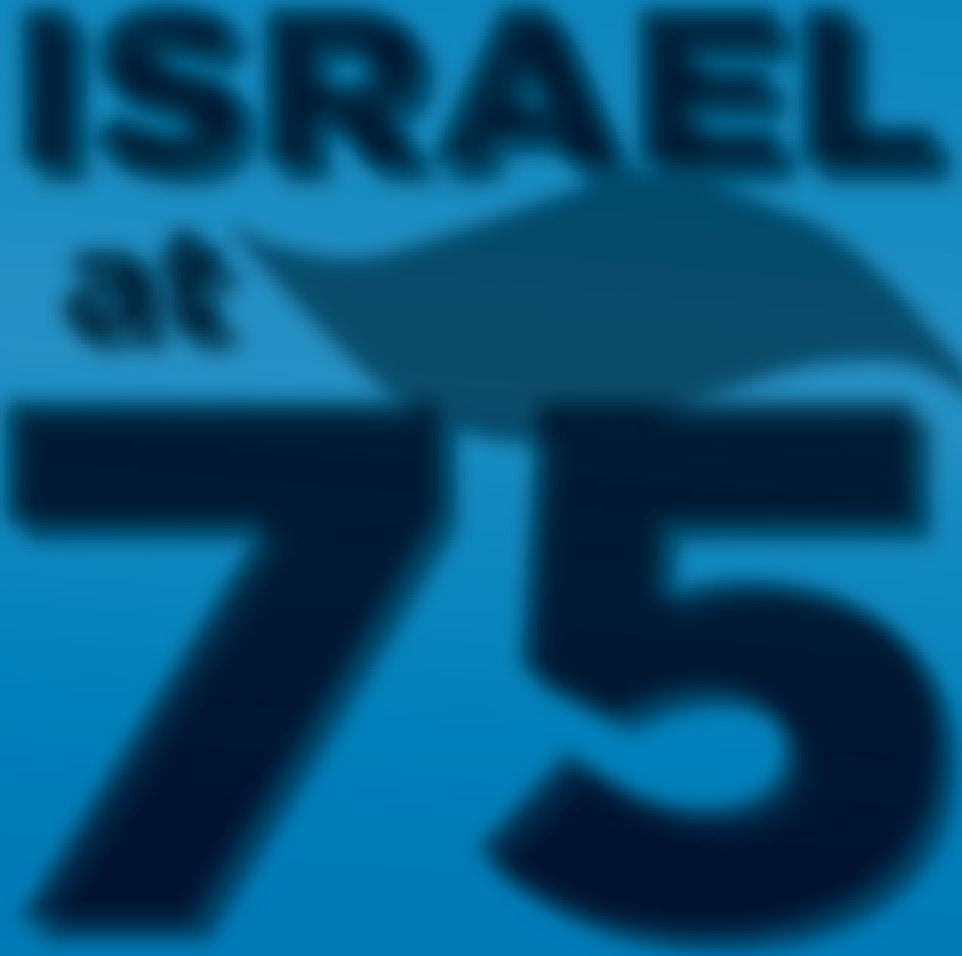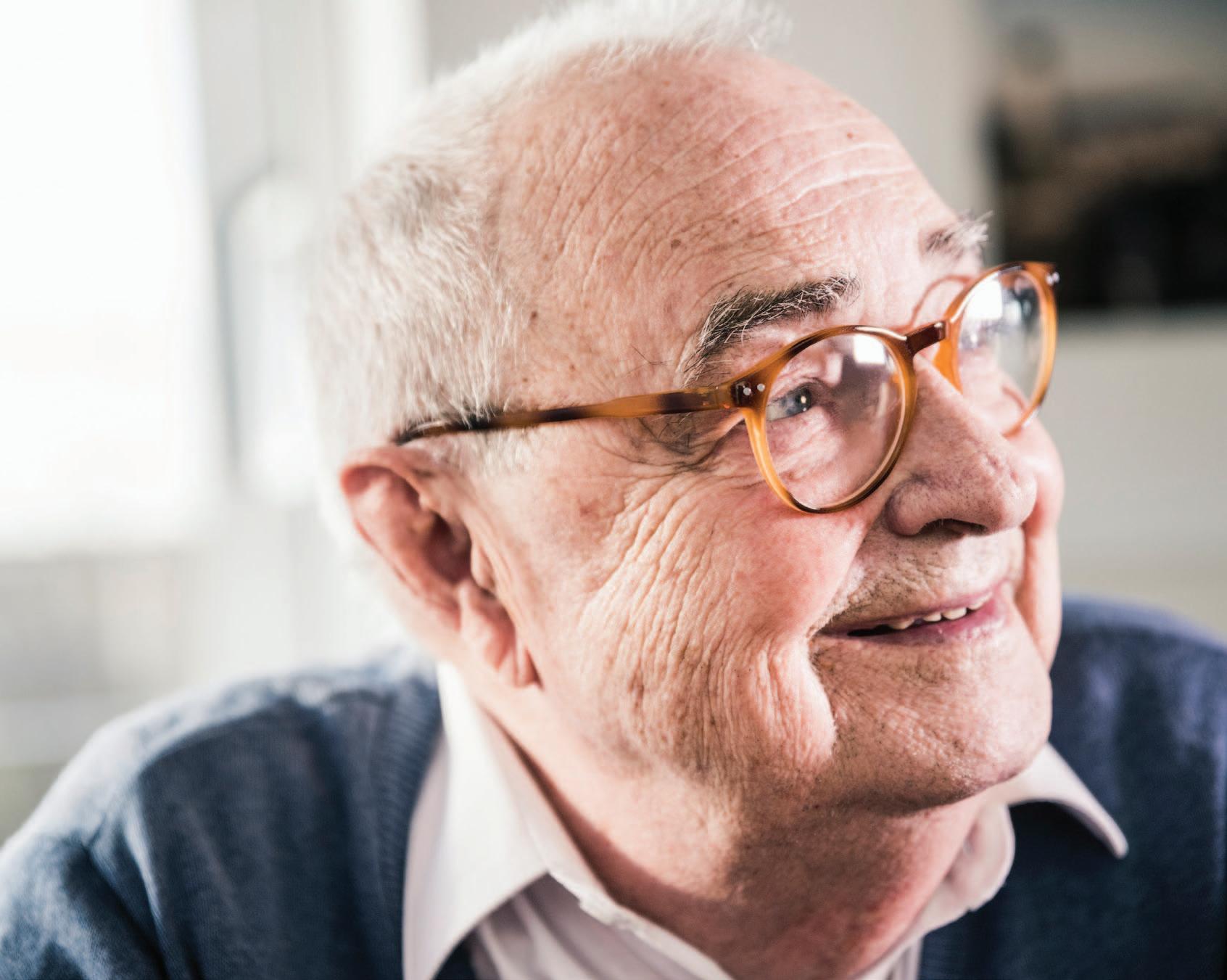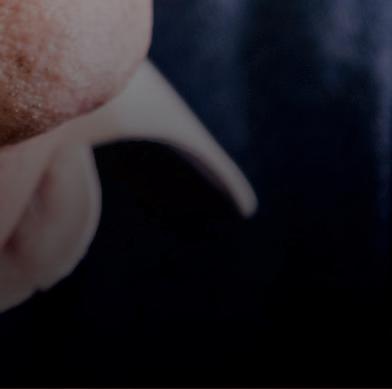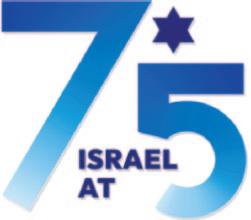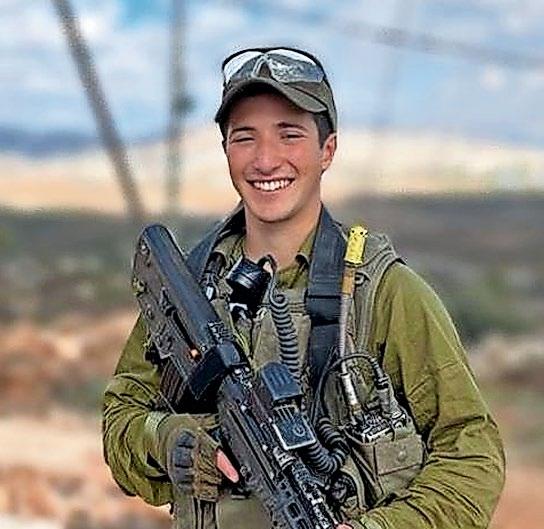
7 minute read
A trio of ‘lone soldiers’ from the Five Towns describes their experiences in the Israel Defense Forces
Noah, a corporal, serves in the Givati brigate of the Israel Defense Forces.
Talia, a corporal, serves in the IDF’s Combat Intelligence Collection Corps.
Amiel, a staff sergeant, serves in the Golani brigade.
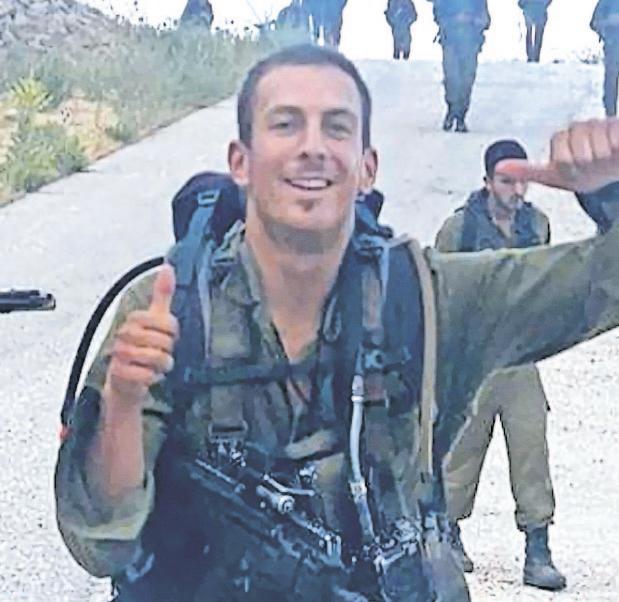
Tell about your family and where you come from. The Jewish community and what it contributed to your decision?
Noah:
My family resides in Woodmere, where I grew up Modern Orthodox. I have three siblings Danielle, AJ and Ethan. Danielle’s husband, Yonatan, and AJ’s fiancé, Hannah, are just as much family. Something great about the Jewish community is the connection and support for one another.
When pursuing my journey as a lone soldier I received tremendous support and felt proud to represent my community.
Talia:
I grew up in a Modern Orthodox home in Woodmere. It was shown to my family and me at a young age that Israel was important to us. My grandmother took all of our extended family on a trip together. I first appreciated the beauty of the country, but then I understood the significance of it as well.
My grandfather was very Zionistic and loved to speak Hebrew to all of us. He was a huge supporter of my decision and encouraged me. In my elementary school, on Yom Haatzmut Israel’s Independence Day we always had a huge celebration. All of the families came after school for a big event, and we all celebrated our country from afar.
Amiel:
I am the son of Daniel and Irit Kerstein. I have two older brothers, Yonatan and Gilad, and a younger sister Ayelet. I grew up in a loving and warm home in Woodsburgh.
My parents afforded me the opportunity to a very comfortable and loving childhood. One where I had many friends and excelled at athletics. Among the common values that Jewish children in our neighborhood grow up with, my parents taught me the importance of Zionism and Eretz Yisrael. Those concrete values stuck with me from a very young age, and continue to influence me day in day out.
What were the reasons that made you immigrate to Israel and enlist?
Noah: I always had a love for physical activity. As a young child I spent a lot of time camping, skateboarding and climbing trees. Through middle school and high school, I competed on many school teams and ran almost every night.
When taking a gap year learning Torah in Jerusalem, I deepened my connection to the Jewish people and wanted to give back. I understood that staying in Israel and drafting as a combat soldier would be a great way to serve my nation with my athletic passions. Throughout training and active service, I felt holiness in the physical activity that I once considered mundane.
Talia:
Growing up, I remember writing letters to Israeli soldiers in summer camp. At 10, I knew. I thought it was humorous that I was writing a letter to myself. I remember thinking that this will be me one day.
As life went on, it was always in the back of my mind. I didn’t understand it then, but looking back now it makes sense because the love of Israel was ingrained in me at home. I understood that this was the best way for me to allow the Jewish people to keep loving Israel. By doing the best of my ability to keep it safe.
Amiel:
The answer to this question is fairly similar to my answer to the last question. It combines a childhood and education filled with a love for my people and my homeland, and the values of giving of myself for a greater cause. How can I, as a young and able Jew who knows stories not only of Bar Kochba but Erez Gerstein as well. Legendary warriors who gave of themselves for our greatest cause, the safeguarding and continuation of our people.
Simply put, the Jewish people and the Land of Israel hold a large part of my heart.
A particularly exciting event you had during the service?
Noah:
During a week of training in the wilderness, our team arrived at a massive hill characterized by rough terrain. Our commander challenged us to crawl to its summit as fast as possible, encouraging competition between each soldier. When the whole team had finished our time was recorded.
Afterward, we were commanded to return to the bottom of the hill and crawl a second time.
However, in this instance, we were to crawl together at a steady pace. If one of us faltered, we were to stop crawling and devote all our attention to encourage the weak soldier to continue. When arriving at the top, we were shocked to discover that we finished three minutes faster than the first time. This drill revealed to us the value of teamwork and helping others.
Throughout service, our team battled all adversity with this lesson.
Talia:
I had my masa sicah, a long march, which ends with receiving a pin corresponding to my unit, at the end of my eight months of training. We walked hours throughout the night. After hours and hours of walking and running to get to the end, family members were allowed to join and finish the last stretch with us.
As a lone soldier it was difficult to explain to my family what I was really doing. They never saw me come home in uniform and they never got to give me a hug goodbye before I went out for the next three weeks.
My parents and sister finished the last eight months of training with me by walking the final few kilometers at the end. Them being there for that was truly the most special thing. They got to see my accomplishments in the form of 9-hour-old, smudged face paint, a stretcher on my shoulder and that pin on my uniform.
Amiel:
The first thing that comes to mind is probably a trek that my team and I endured. It was our final night of what had been a long and difficult month of final tests to complete training in recon unit and receive our pin. We had been up for almost 48 hours straight, having stopped once or twice to eat and rest for only a moment’s time. Our time was spent walking large distances from target to target, taking on different drills and ‘enemies.’
After finishing the last drill, we were to keep walking until the highest peak on Mount Hermon on the Israeli side of the border. After finishing our first trek, we reached the peak only to be told we were to go back down 8 kilometers and climb again only this time from a different route and to a different peak.
Only after every bone was aching, every muscle twitching, and every little bit of sense I had was telling me to stop and quit did I make it with my friends to the last peak. There we were greeted by many elder and former unit members. It is a moment I will never forget.
I still remember the feeling of relief and joy followed by a tiredness that no sleep could fix.
What does it mean
to you to serve in the IDF?
who was there. Or anyone from the tribes. Each step I took there, I realized just how important this is. This is the place God gave us. We have so much history here and we belong here. To me, to serve in the army that allows the Jewish people to stay in their home, is my privilege.
Amiel:
When I made the decision to serve it was obvious to me that I am going to serve as a combat soldier. I grew up an athlete and when I imagined myself as a soldier, I never pictured anything other than being out on the front lines.
All my heroes from past wars were combat soldiers and in my eyes, those were the true warriors and saviors of Israel.
If you were to meet today with friends from home who want to enlist, what would you say to them?
Noah:
Serving in the IDF as a lone soldier is going to be challenging. You are going to be in an unfamiliar environment far away from home. However, overcoming these challenges are going to be extremely meaningful.
You will not only grow as a person, but inspire the soldiers around you who were obligated to draft. By enlisting, you are going to be part of a protection that the Jewish people yearned for thousands of years.
Talia:
Learn Hebrew. It’s very important. To understand what your commanders are telling you, but especially to make friends.
You will never forget the friends you made in the army. You go through a lot together. It will be hard at times, but if you have the reason for why you are there in the back of your head you won’t give up.
Noah:
Being a combat soldier in the IDF is becoming part of something special. As young adults from all backgrounds, we are brothers with a common goal. We isolate ourselves from family and compromise our safety for the protection of our people. It’s not easy, but has great meaning.
Talia: Each day that I wake up and put on my uniform is a privilege. Each step I take here is another privilege. For a week we were training in a town in the middle of the country. It was a place I’ve never been to before but have always heard of from the Bible. Each step I took there, I thought, maybe this is exactly where Avraham, our forefather, stepped or maybe this is where he set up his tent. Maybe it was Jacob
You’re not giving up the life you grew up with. Just changing its direction. It’s something special. As a lone soldier, you’re never alone. There’s always someone to reach out to when you need help.
Amiel:
Just as I did deep soul searching and really tried to find the truth within myself, without outside influence I would tell them to do the same. And once they’ve come to a decision to start and ask people who have served and experienced the IDF. I have no interest in pressuring anyone who is not certain about serving to serve.
Noah, Talia and Amiel serve in the IDF through the Friends of the IDF’s Lone Soldier Program, which supports all lone soldiers with various challenges, including funding flights home for them to visit their families.
